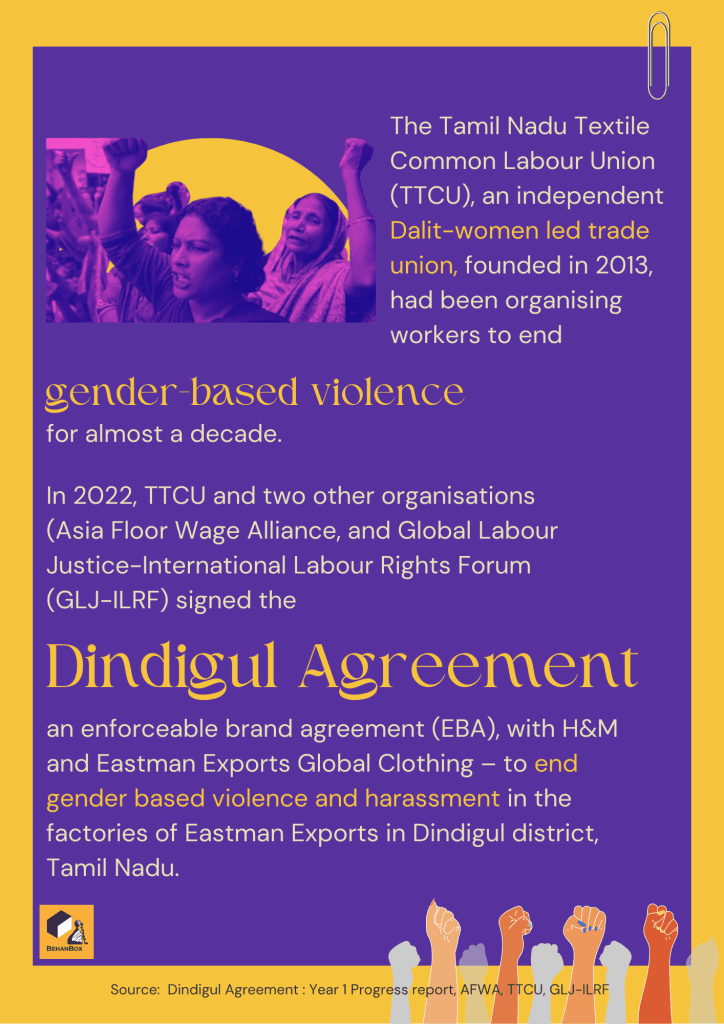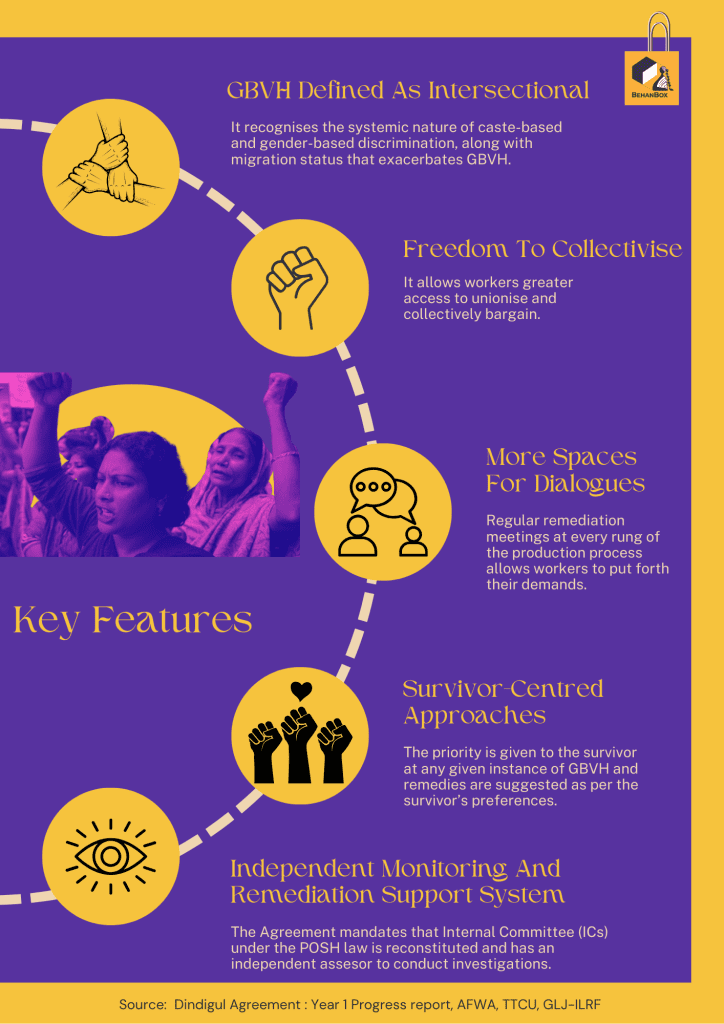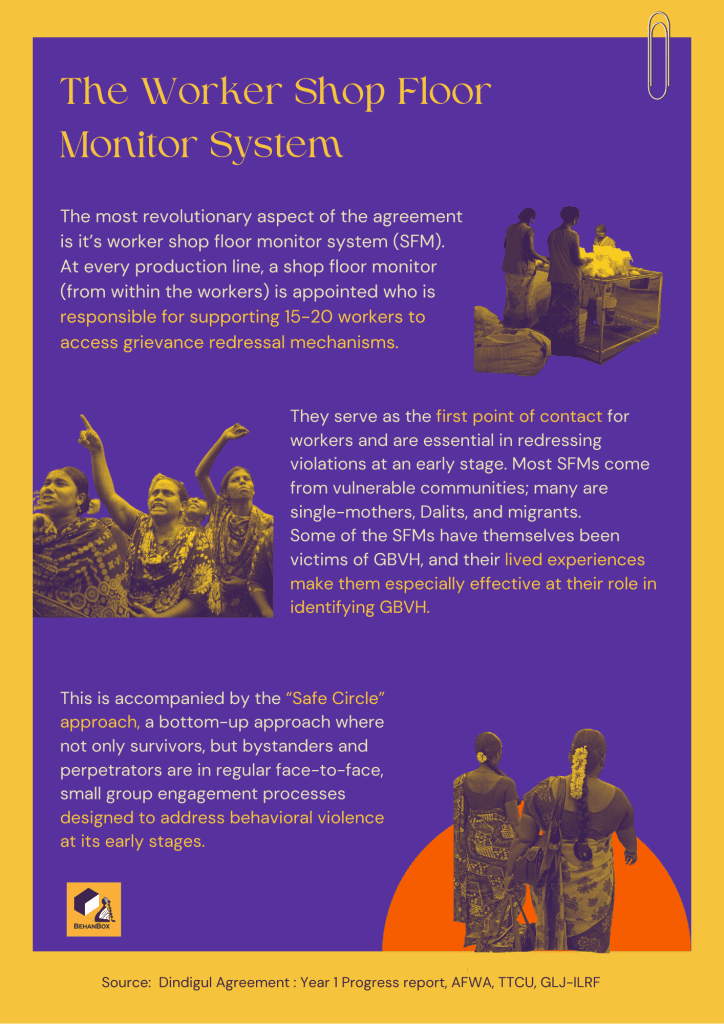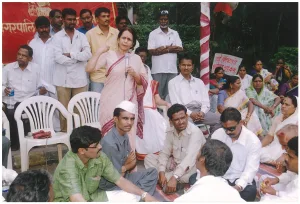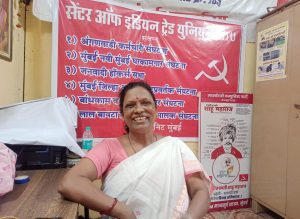[Readmelater]
How A Dalit Women Led Trade Union Made History

All Images designed by Ankita Dhar Karmakar
Support BehanBox
We believe everyone deserves equal access to accurate news. Support from our readers enables us to keep our journalism open and free for everyone, all over the world.


